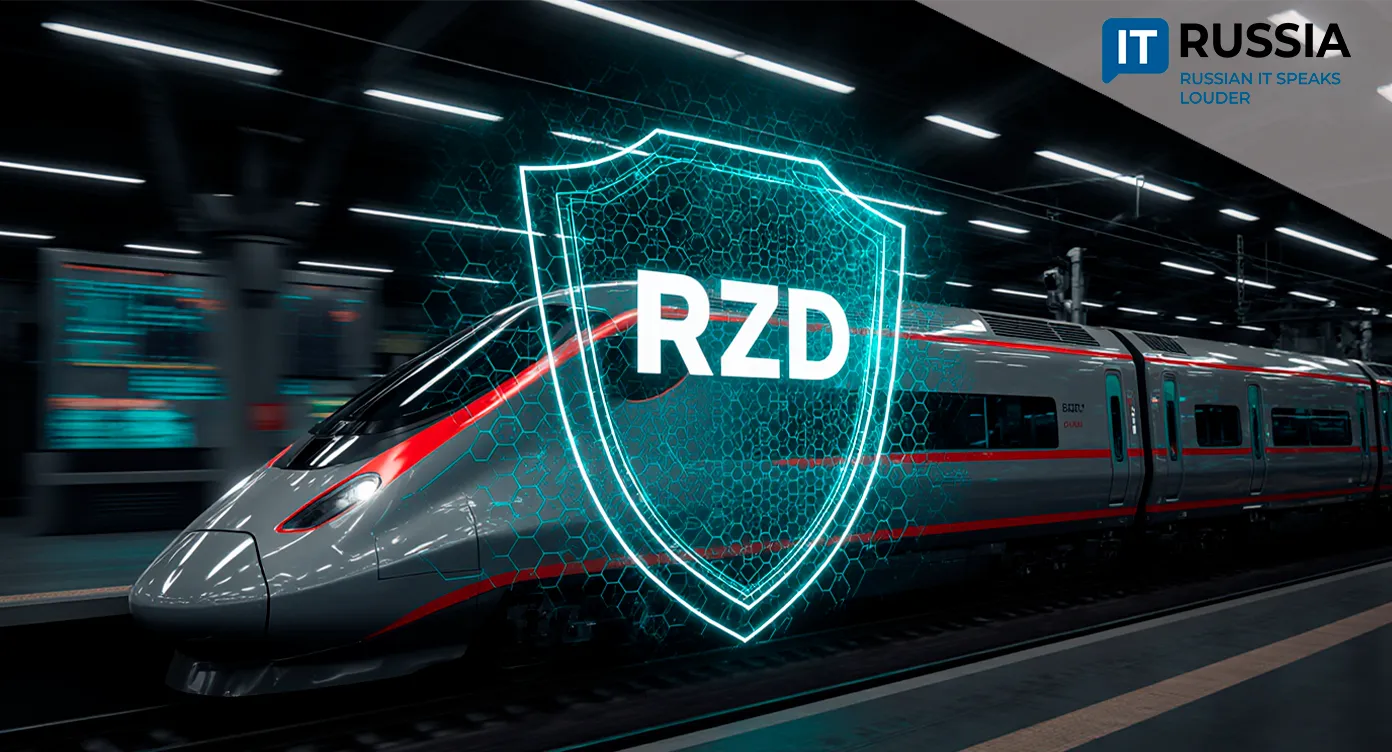Russian Railways Strengthens Cybersecurity with Kaspersky Lab Partnership
Russian Railways (RZD) has signed a strategic agreement with Kaspersky Lab to strengthen cybersecurity across its critical infrastructure. The collaboration will launch pilot projects and deployments based on KasperskyOS, creating an import-independent security platform for the nation’s transport sector.

Securing Critical Transport Infrastructure
The agreement between Russian Railways and Kaspersky Lab marks a milestone in securing one of the country’s most vital systems. The partnership includes pilot projects based on KasperskyOS and the enhancement of container security in RZD’s IT infrastructure.
According to public data, Russian Railways faces more than 4 million cyberattacks annually, highlighting the urgency of such measures. The collaboration aims to safeguard core transport systems of national importance, protecting both operational continuity and customer data.

For passengers, the benefits will be tangible: more stable ticketing systems, improved logistics management, and reduced risks of data leaks or service disruptions.
The initiative will also create a domestic cybersecurity framework independent of foreign technology. By integrating KasperskyOS into large-scale transport operations, Russia is building a foundation for secure software development, protected deployments, and export-ready cyber-resilient technologies.
Expanding Pilots and Strengthening DevSecOps
The next stage of the partnership will focus on pilots within automated process control systems (APCS) and RZD’s IT core. These will include KasperskyOS deployments in critical nodes and end-user environments — such as thin clients — and the rollout of Kaspersky Container Security (KCS) across CI/CD pipelines and production systems.
KasperskyOS is a microkernel-based operating system with minimal attack surface and component isolation. KCS, updated in September 2025, enhances protection for container nodes and integrates with orchestrators like Kubernetes. Together, they improve resilience for companies transitioning to containerized and microservice architectures.
The partnership also carries export potential. Kaspersky Lab has already collaborated with Chinese thin-client manufacturer Centerm under an OEM model, and presented KasperskyOS-based technologies internationally — including at GITEX Asia. These solutions are suitable for transport, energy, and government sectors across BRICS and CIS countries.

A Step Toward Cyber-Resilient Infrastructure
Kaspersky’s ongoing projects demonstrate a systematic approach to cybersecurity for critical infrastructure. Since 2023, the company and its partners have delivered global OEM shipments of KasperskyOS-based software, signaling an export trajectory for the platform.
In 2025, the release of Kaspersky Container Security brought stronger node protection and broader integrations, followed by Kaspersky Thin Client 2.3 — another key product built on KasperskyOS. These updates support cyber-immune workplaces in industries with elevated security demands.

In parallel, Russian Railways announced a 25-year roadmap to introduce autonomous train operations — a move consistent with national efforts to digitalize transport and integrate artificial intelligence into core systems.
Between 2025 and 2026, the partnership is expected to deliver multiple pilot deployments centered on container security and cyber-immune solutions. Such practices could later extend to other sectors — energy, logistics, and manufacturing — or be exported to allied nations pursuing sovereign cybersecurity frameworks.










































